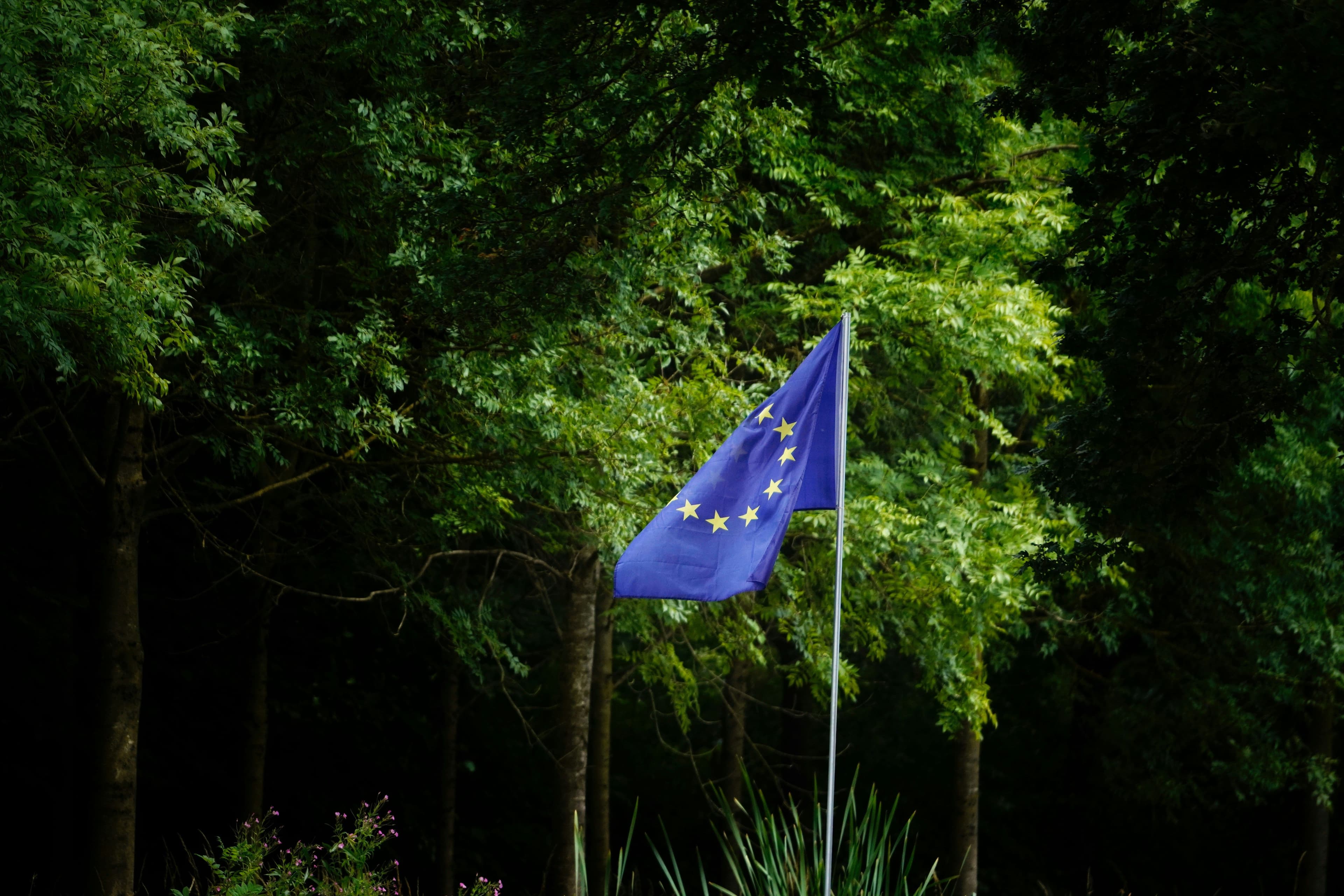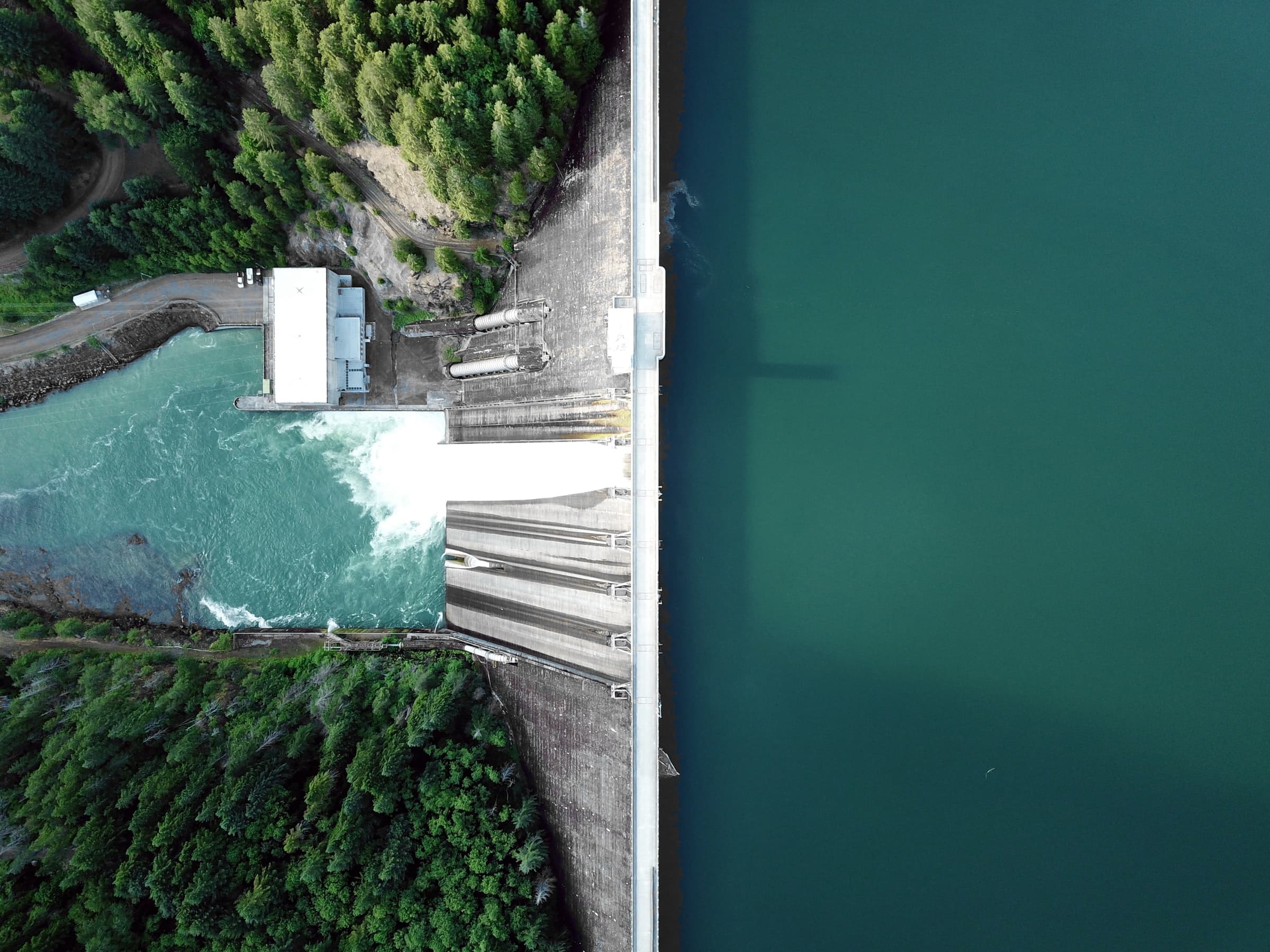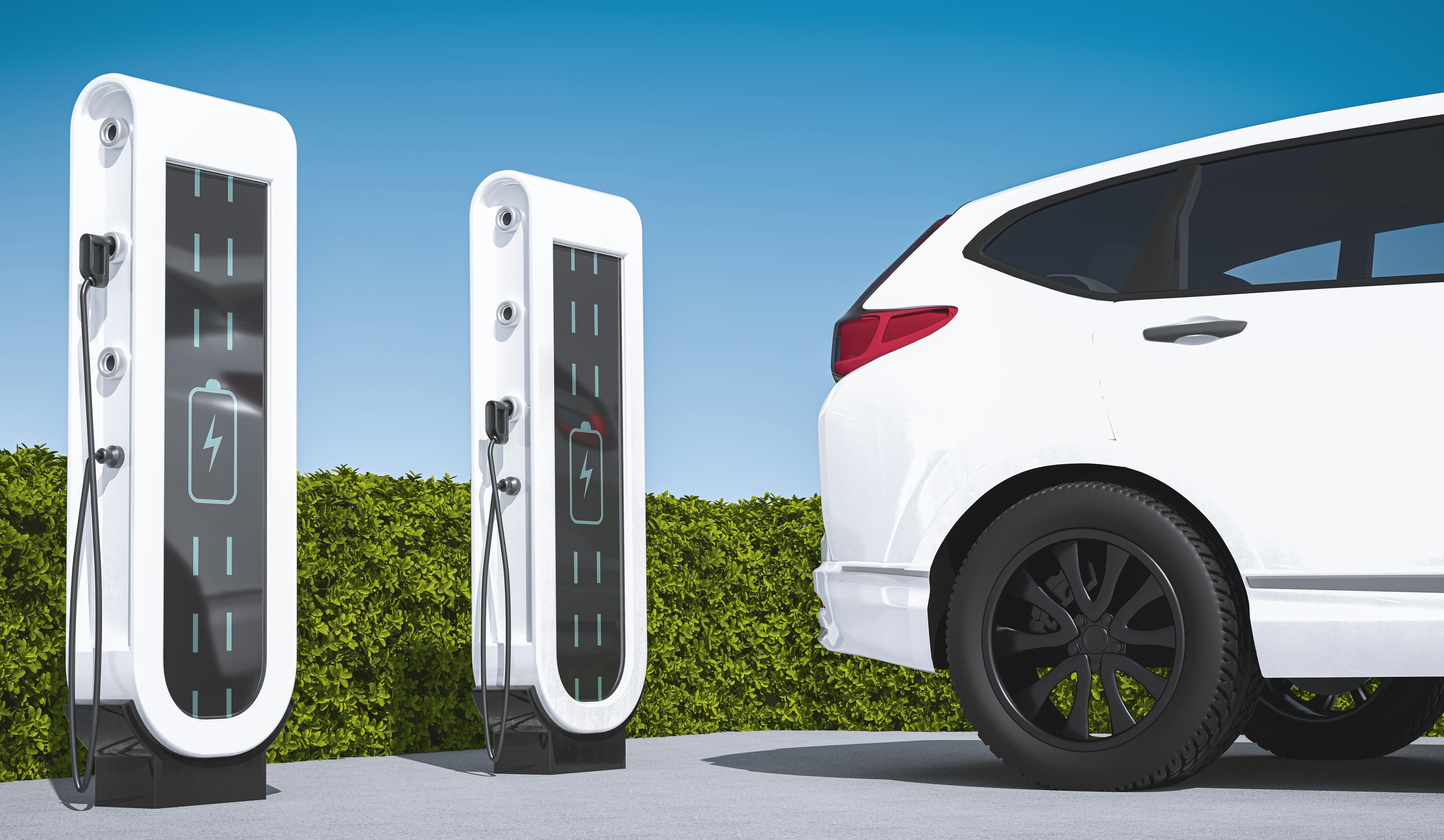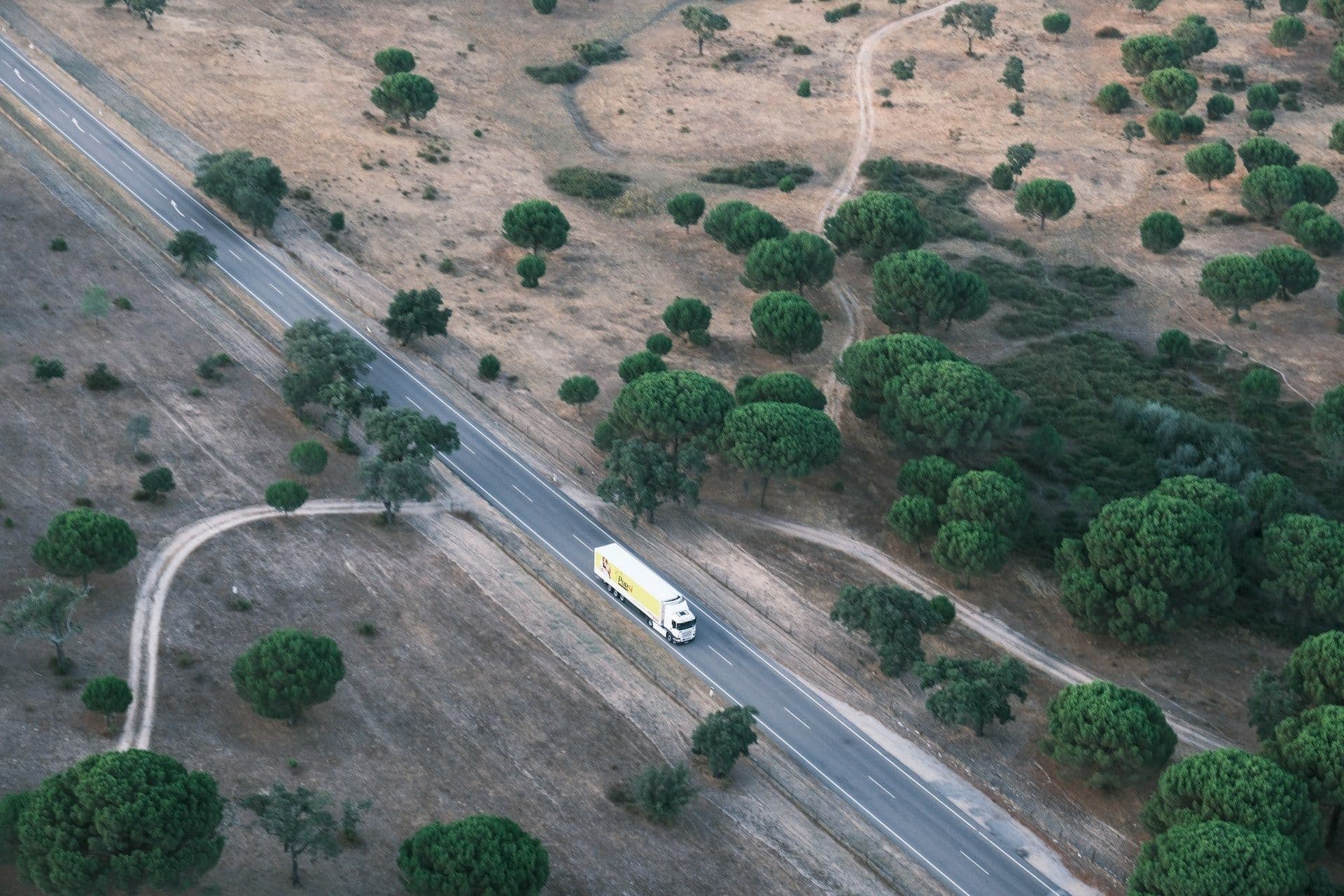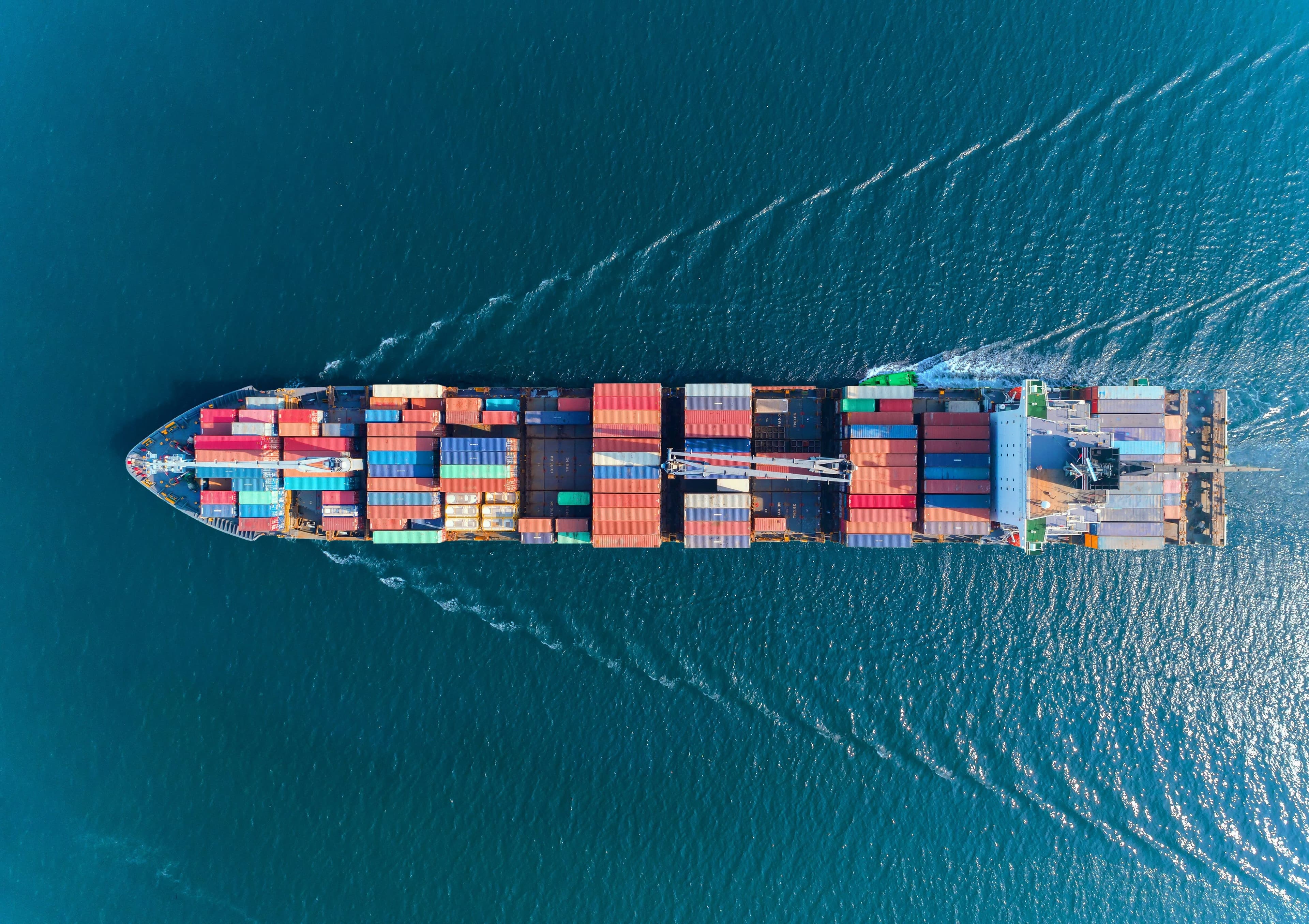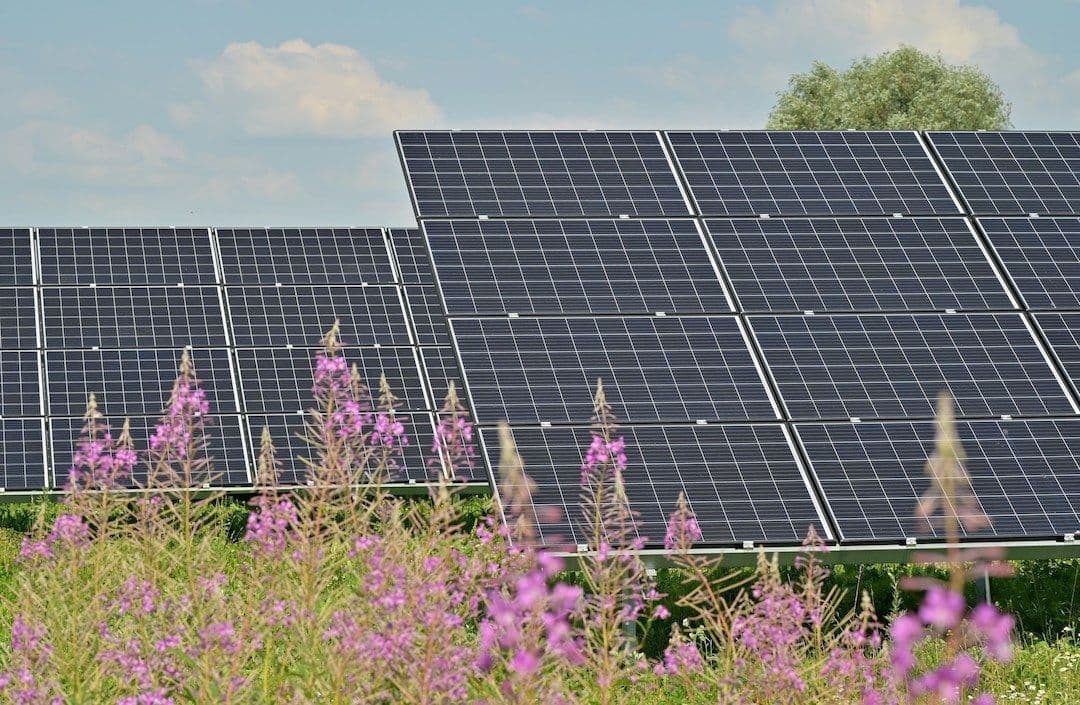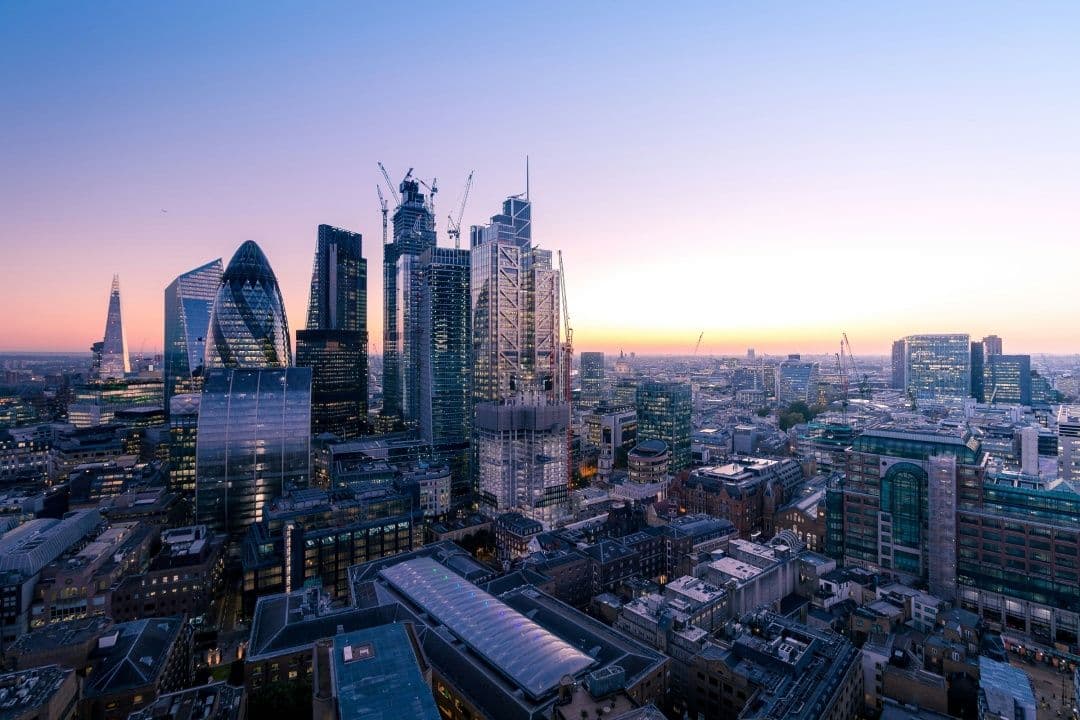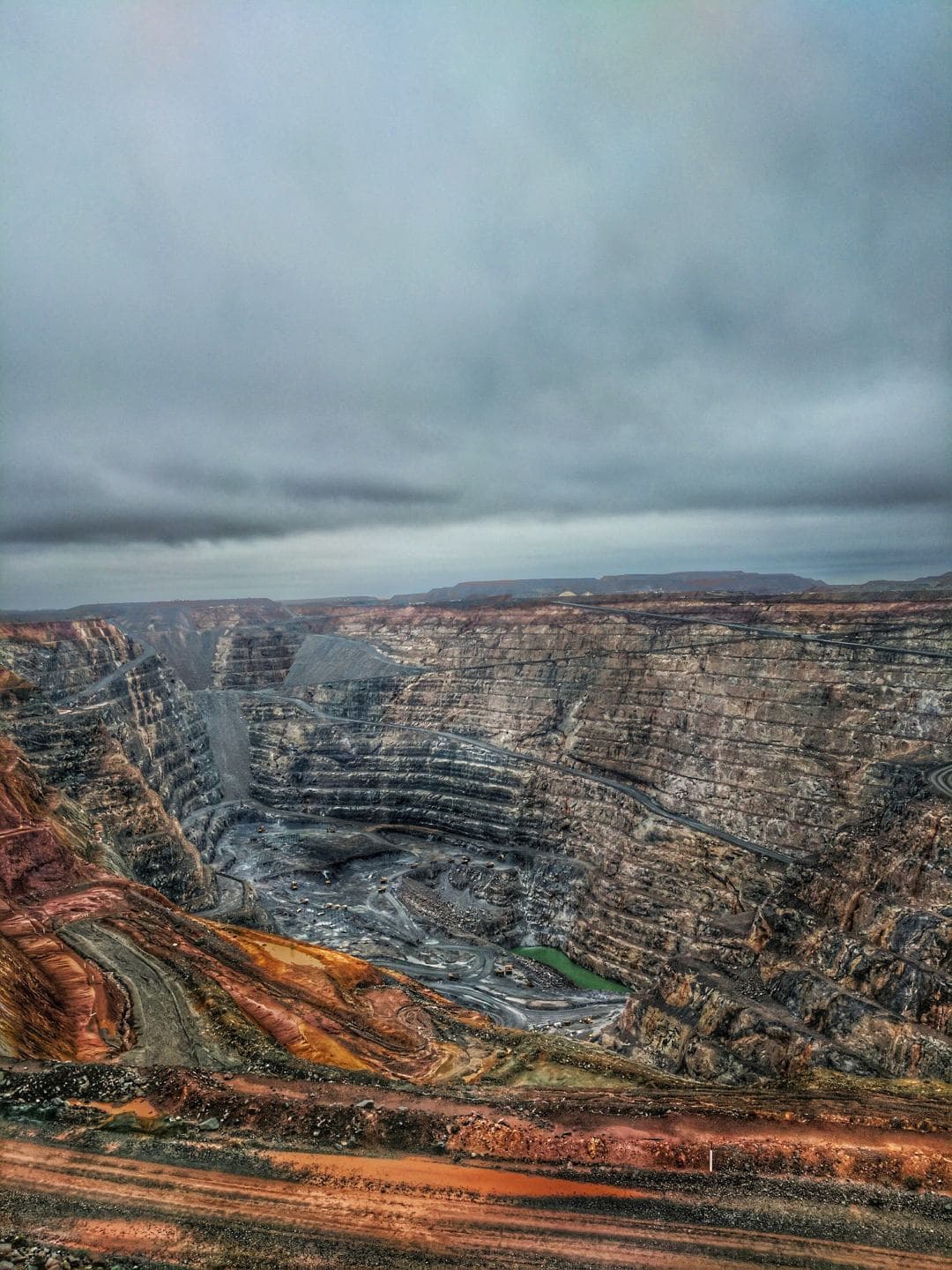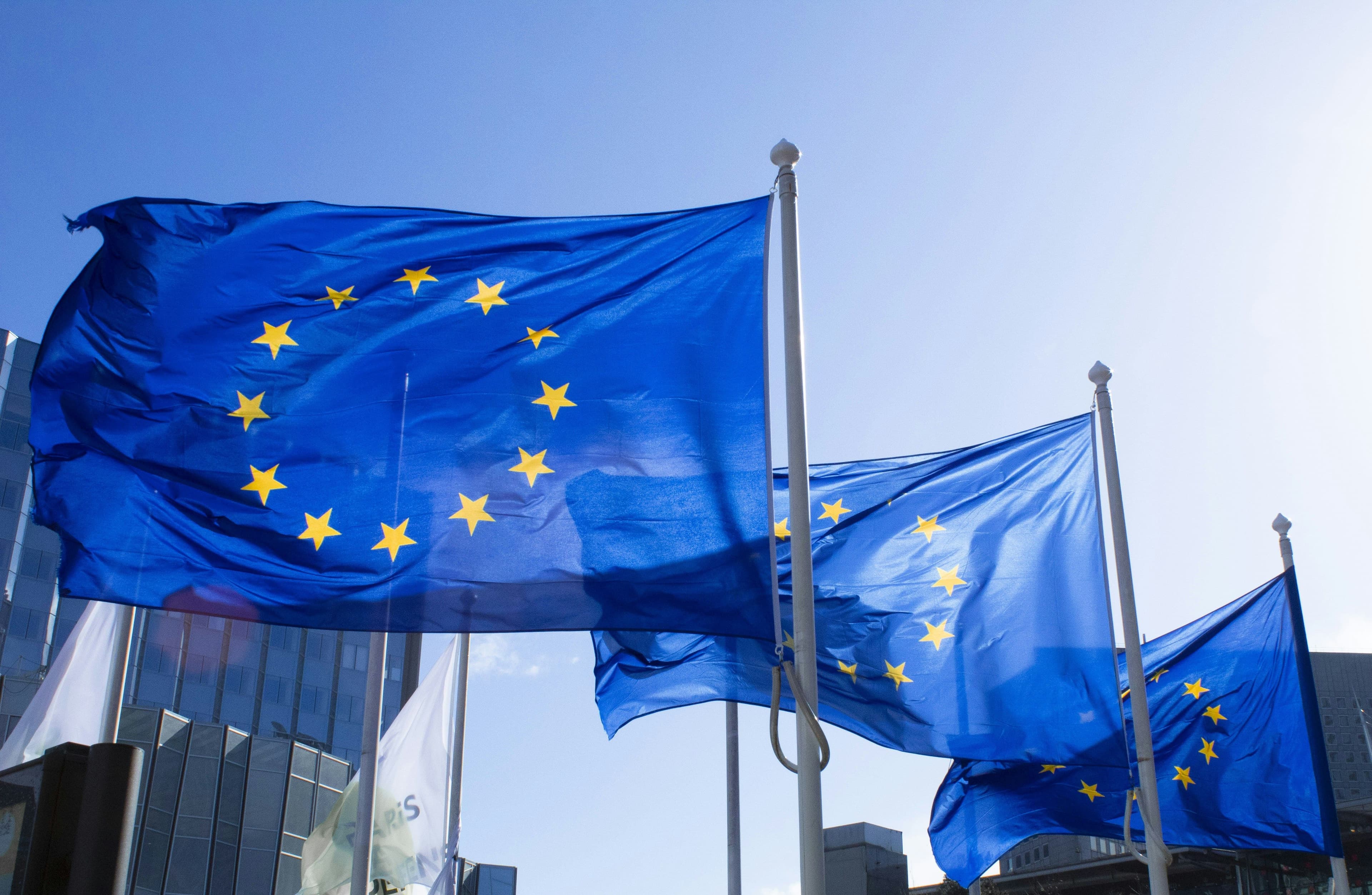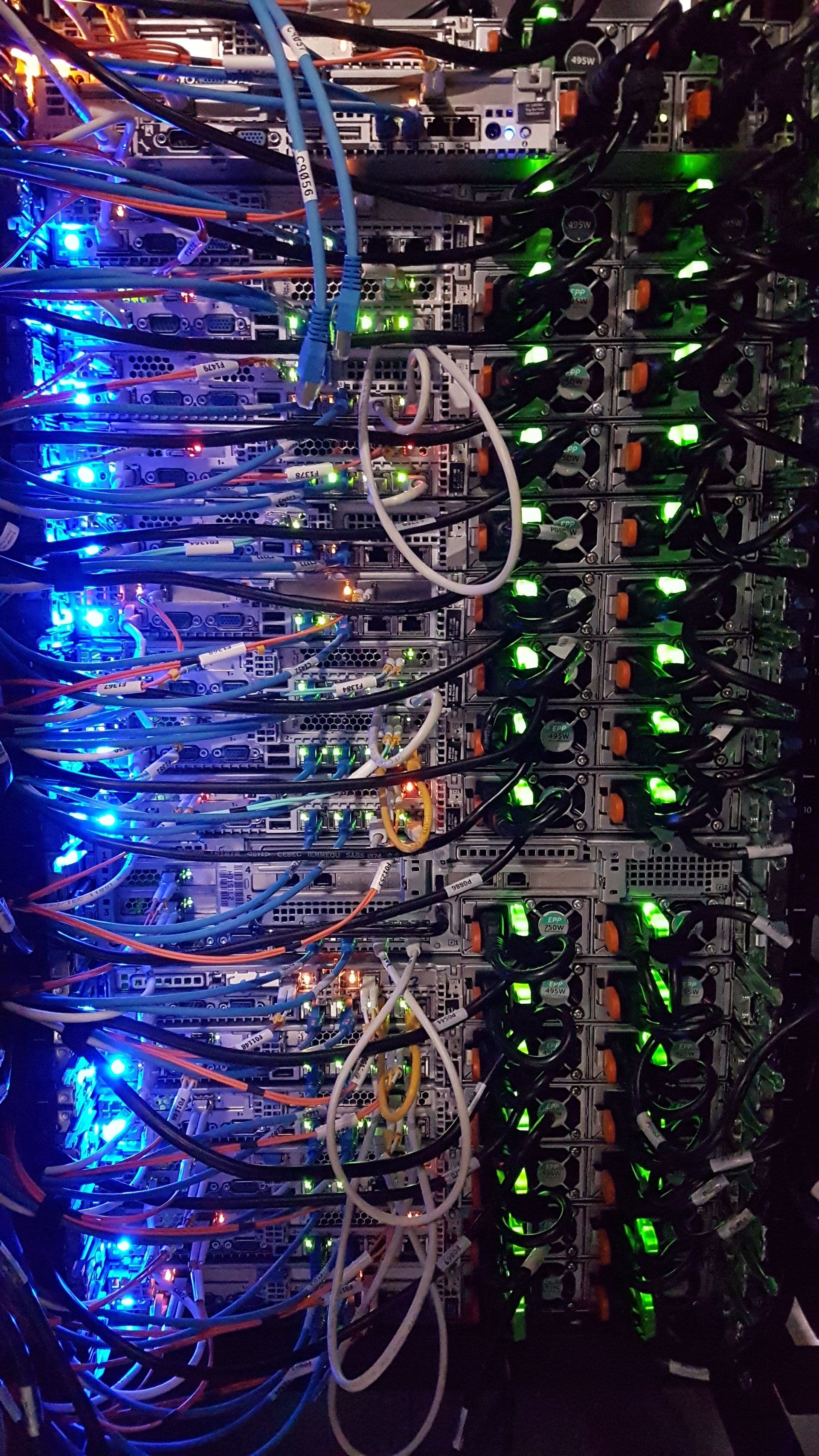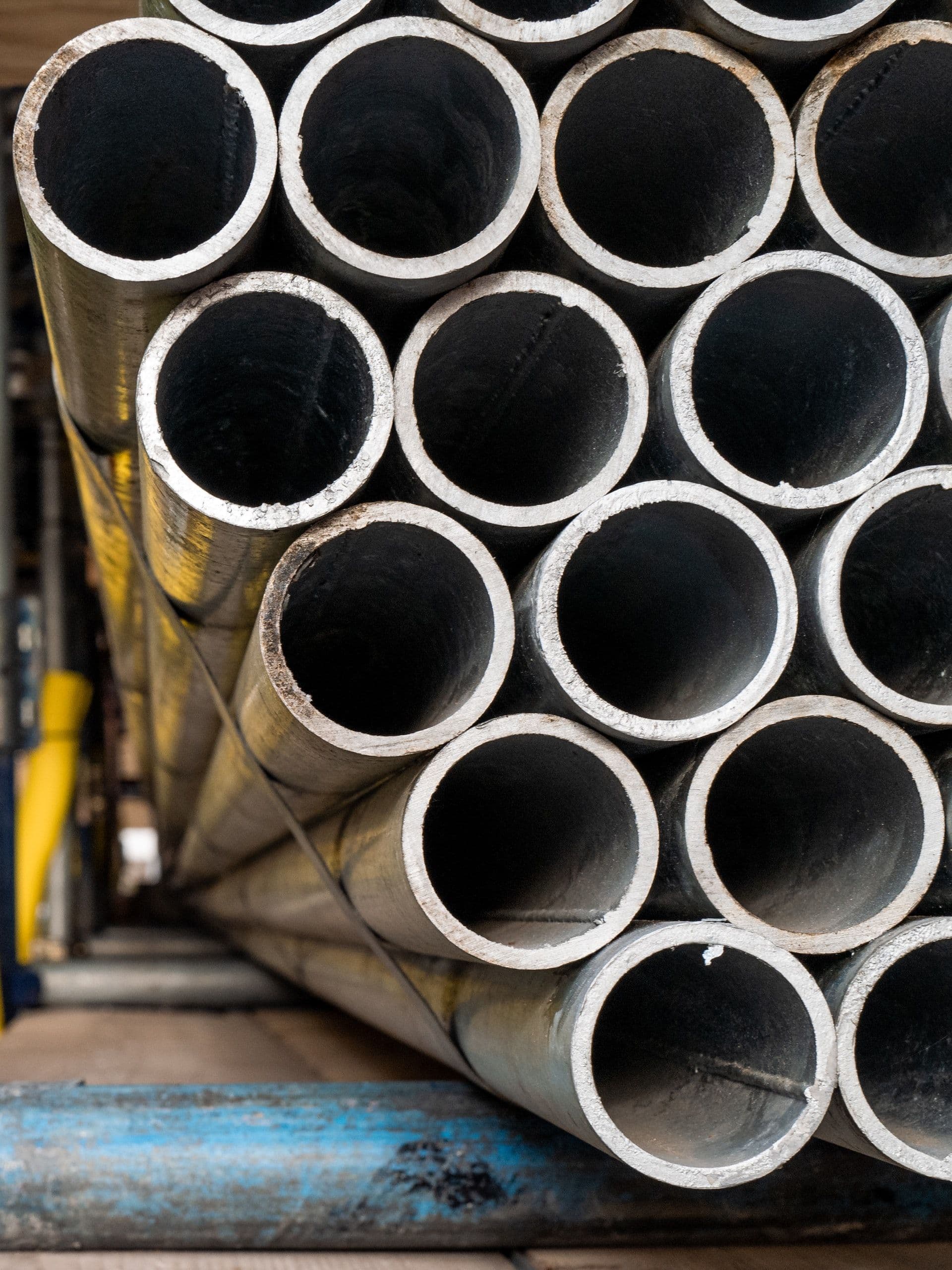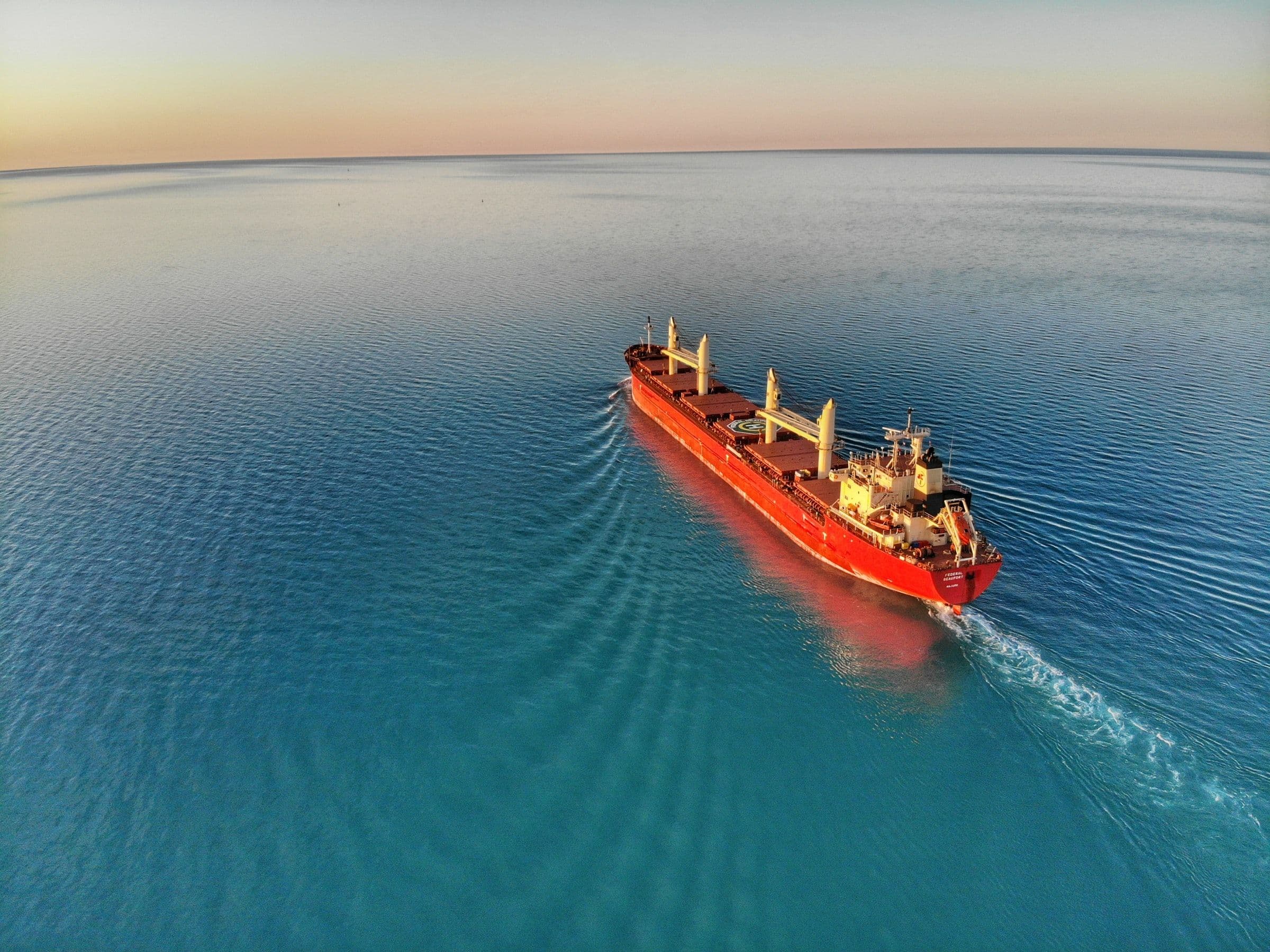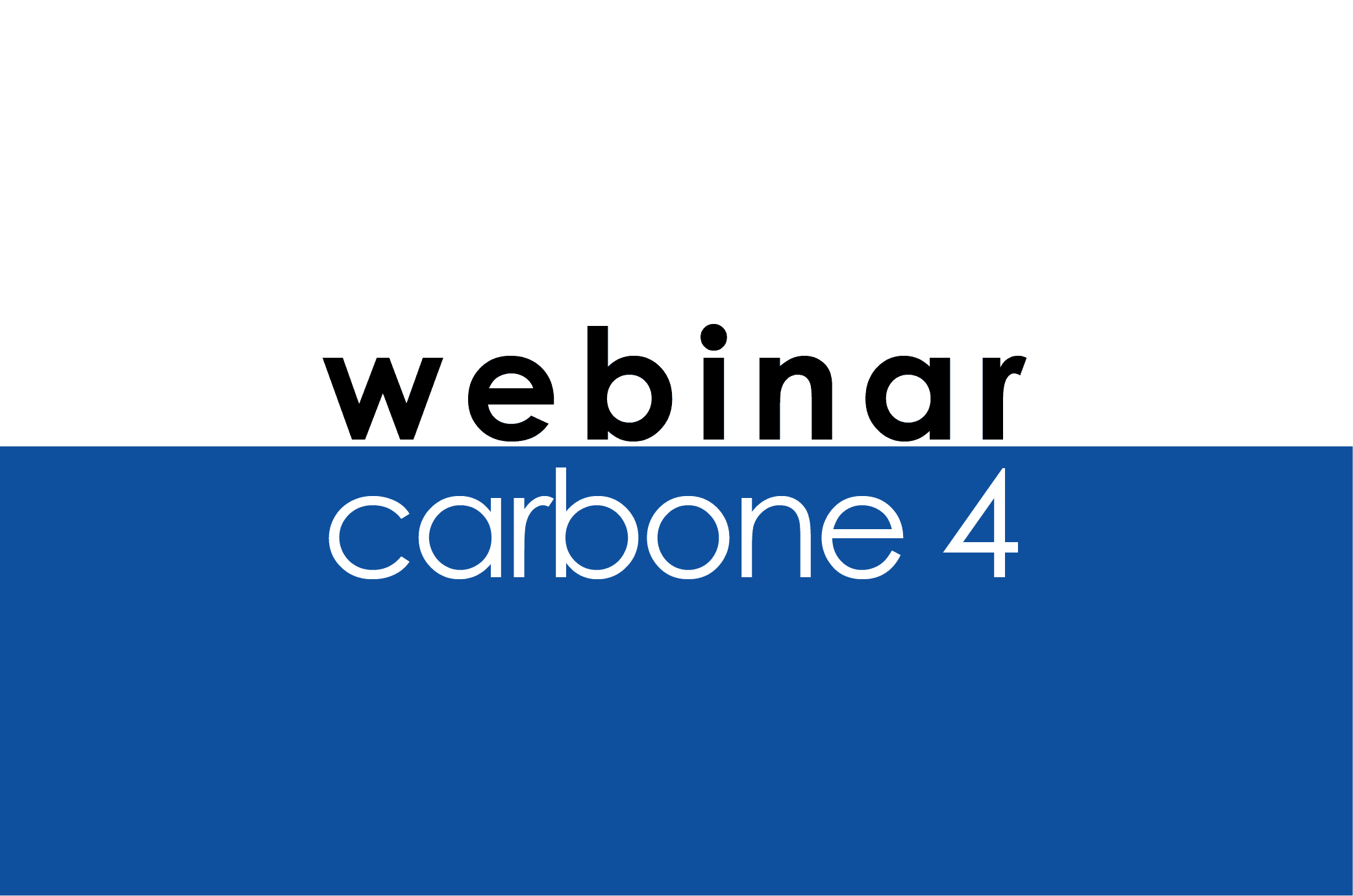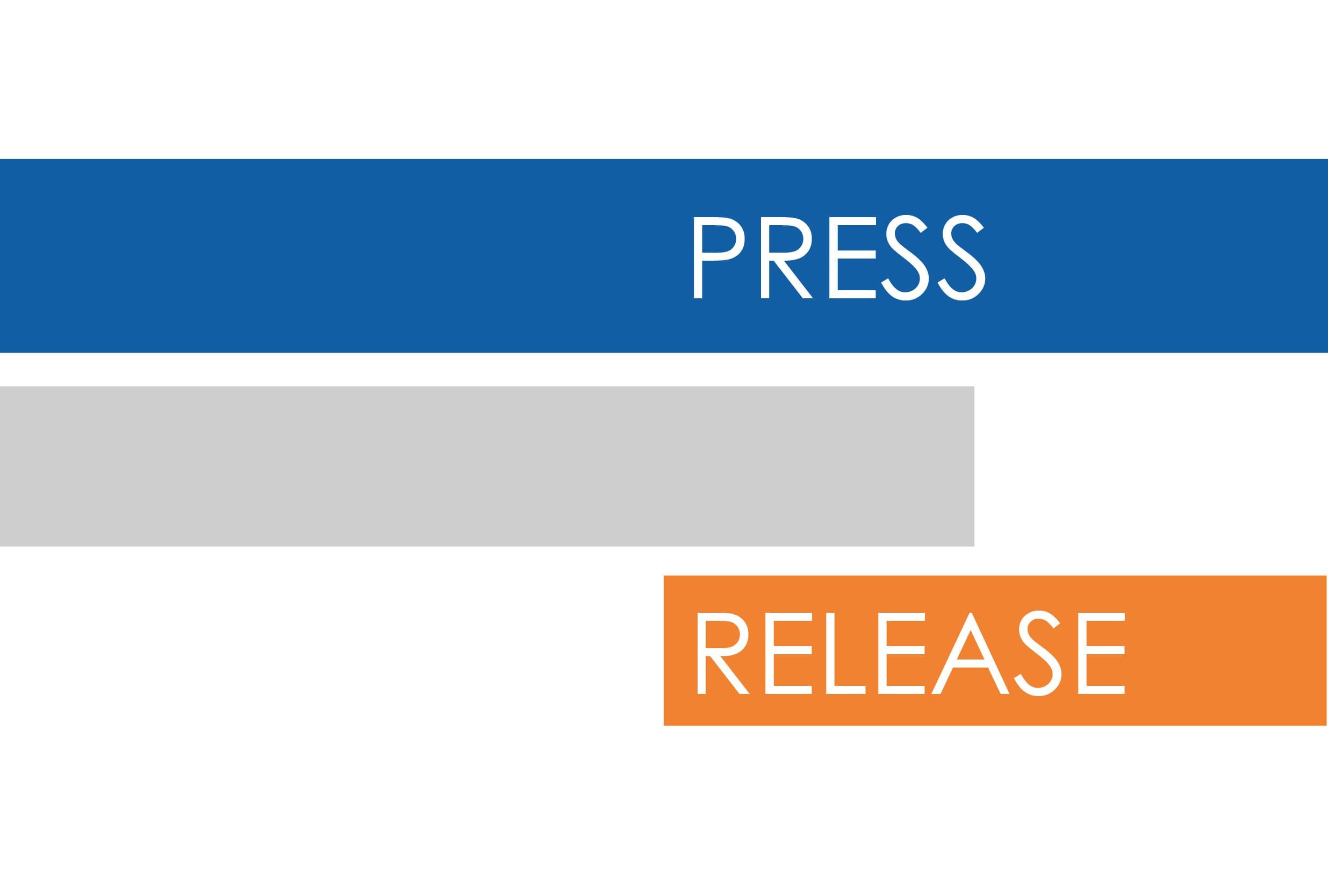Corporate strategy: towards resilient activity
Climate change is a systemic and urgent problem that has to be solved.
- Radical transformations are needed to achieve low carbon societies with low impact on the environment. These transformations will affect the activities of every company.
- Without these transformations, greenhouse gases will continue to accumulate in the atmosphere. The major climate changes generated and thus amplified (higher than +2°C) will have significant impacts on the activities of companies everywhere in the world, with negative effects on production assets, infrastructures and supply chains.
Anticipating these changes (whether gradual or abrupt) is therefore necessary to build a corporate strategy capable of achieving medium and long-term resilience.
Scenario-based analysis is a powerful tool and recommended by the TCFD, to question strategic corporate reflection and anticipate the risks and opportunities linked to climate change and having an impact on a company’s activities.
According to the evolution of the concentration of greenhouse gases in the atmosphere in the next few decades, scenarios can be radically different and the variances in temperature can vary up to +4.5°C. In every case, companies and organisations must face physical risks and the risks of transition in proportions that will depend on the trajectory taken.
Transition risks
Challenges
Reaching global carbon neutrality from now to 2070 and limiting climate change to +2°C implies an unprecedented and radical transformation of all economic activities: housing, mobility, territorial development, energy, industrial production, food production, tourism, services, jobs, etc.
Solving the climate crisis directly calls into question the strategy deployed by each company.
As from now, it is necessary for every head of every company to identify the business risks and opportunities associated with the low carbon transformation of our societies. In other words, it entails building a resilient corporate strategy in the face of systemic transformations.
Our assistance
The role of the Strategy Unit is to assist General Management and/or Strategy Management to analyse the company’s strategy and improve it.
Understanding the strategic nature of climate change for the company is fundamental. It can be catalysed by dynamic training dedicated to the Executive Committee or the Management Board. This training is based on the experience of several dozen actions of this type at the highest level of multinational corporations.
This step is carried out by taking the company’s current activities through contrasting paths of low carbon transformation by analysing them according to different scenarios. Faced by the incapacity of forecasting the future and given the wide variety of levers that allow reaching carbon neutrality (from technological advances to sober consumption behaviour), this prospective approach permits identifying the business risks and opportunities linked to different decarbonization scenarios.
Without being predictive, this approach is highly efficient for understanding complex and interconnected evolutions, in other words the systemic transformations brought about by climate change.
To perform this analysis, Carbone 4 proposes a differentiated approach mainly based on the physical flows required by the company’s activity (e.g., m2 built, vehicle fleet, quantities transported, tons of steel produced, etc.) and not only economic indicators (GDP, prices, taxes, etc.). The scenarios employed by Carbone 4 have been built with a panel of experts and approved and refined with a large number of clients, thereby ensuring the pertinence and consistency of the results obtained.
The business “playground” associated with a low carbon scenario can therefore be described physically, for example through the evolution of demand for specific products or services, the evolution of production subject to carbon constraints and the potential influences of competition. The opportunities are qualified and then deepened in a collaborative approach with the company’s teams.
It may be necessary to build a new strategy depending on the risks and opportunities identified for the company’s activities. Carbone 4 assists this process according to three main directions:
- The definition of a long-term vision;
- Organising a strategic plan with a horizon from 5-10 years and its consequences on the turnover of the asset portfolio;
- The identification of “Go to market” approaches for new activities (organic development, acquisitions, etc.) and new business models for existing activities.
Carbone 4 assists and aids the company through each of these steps so it can transform itself in view to making it resilient to the radical transformations needed to reach carbon neutrality on the scale of the planet.
Contact us
Contact us about any question you have about Carbone 4, or for a request for specific assistance.




